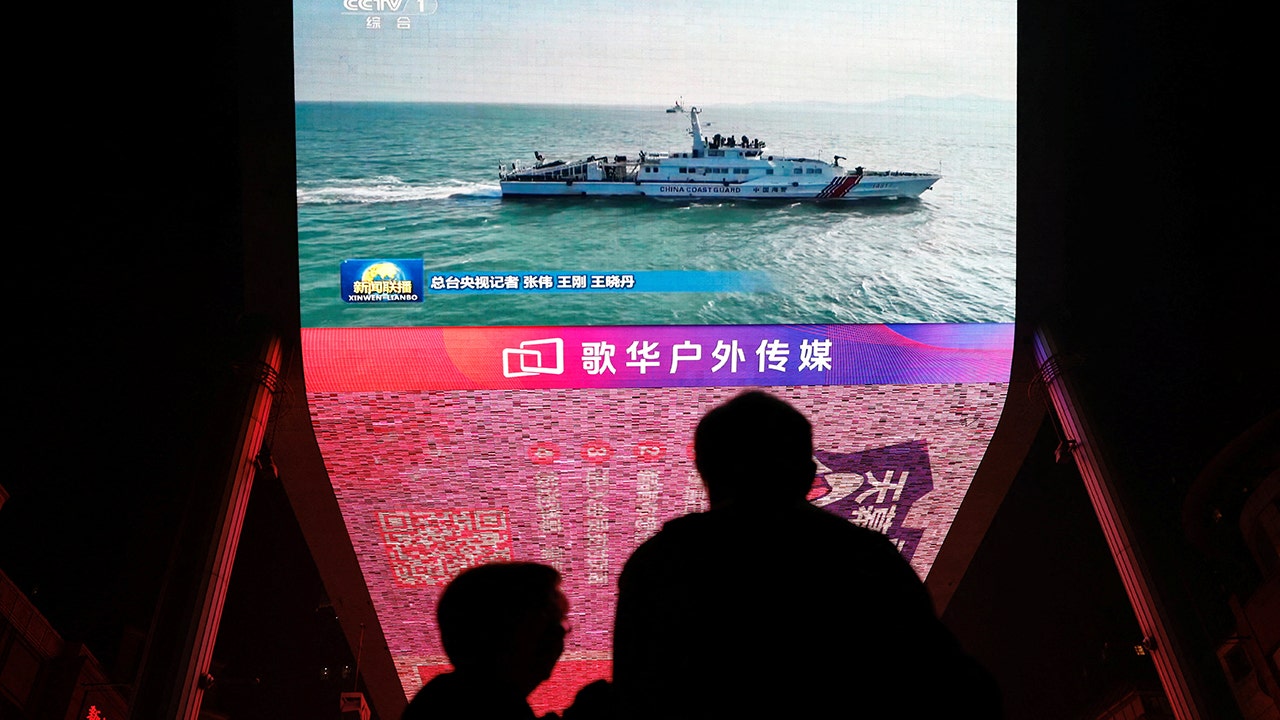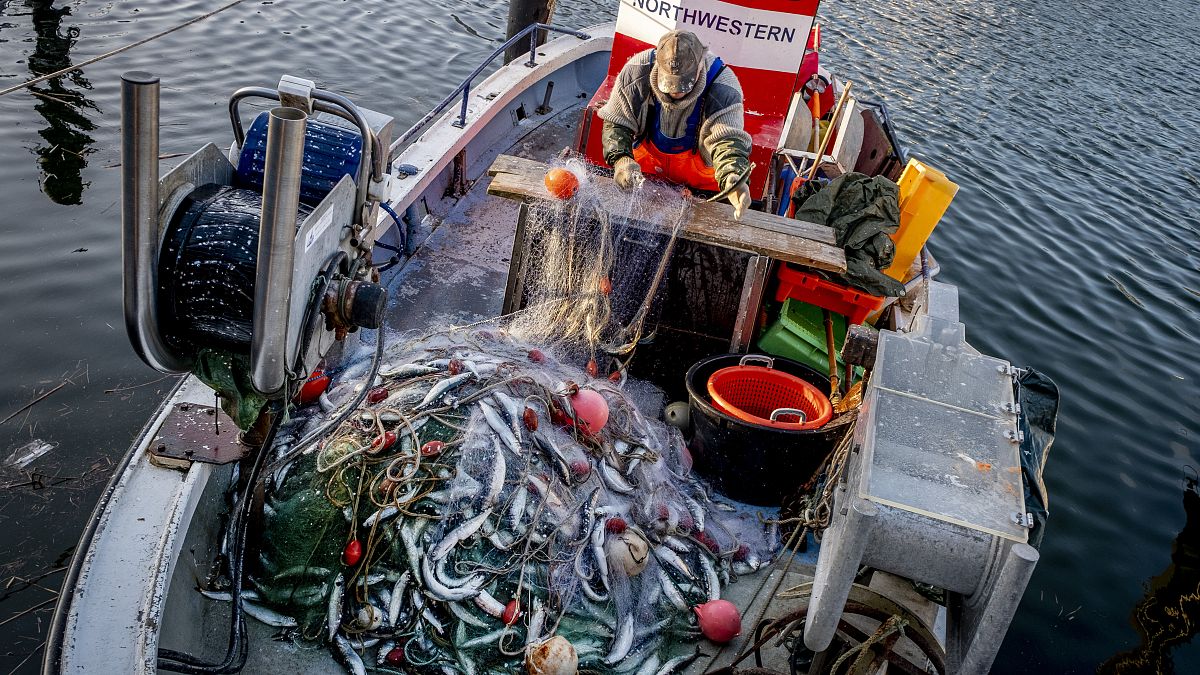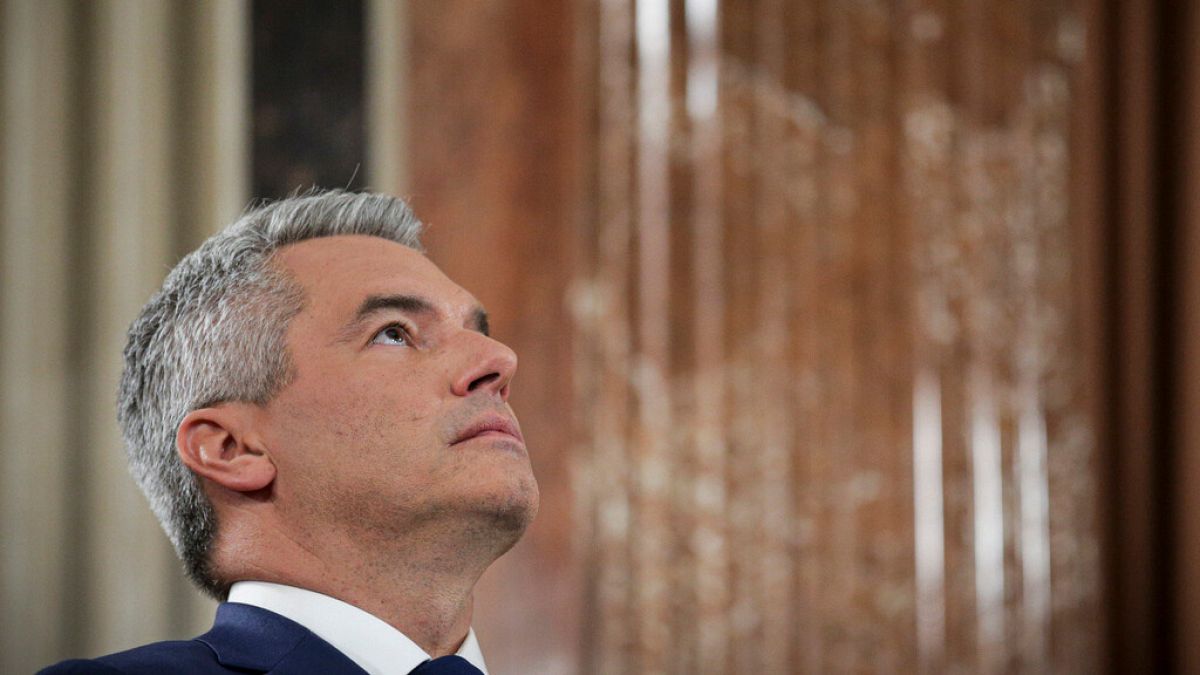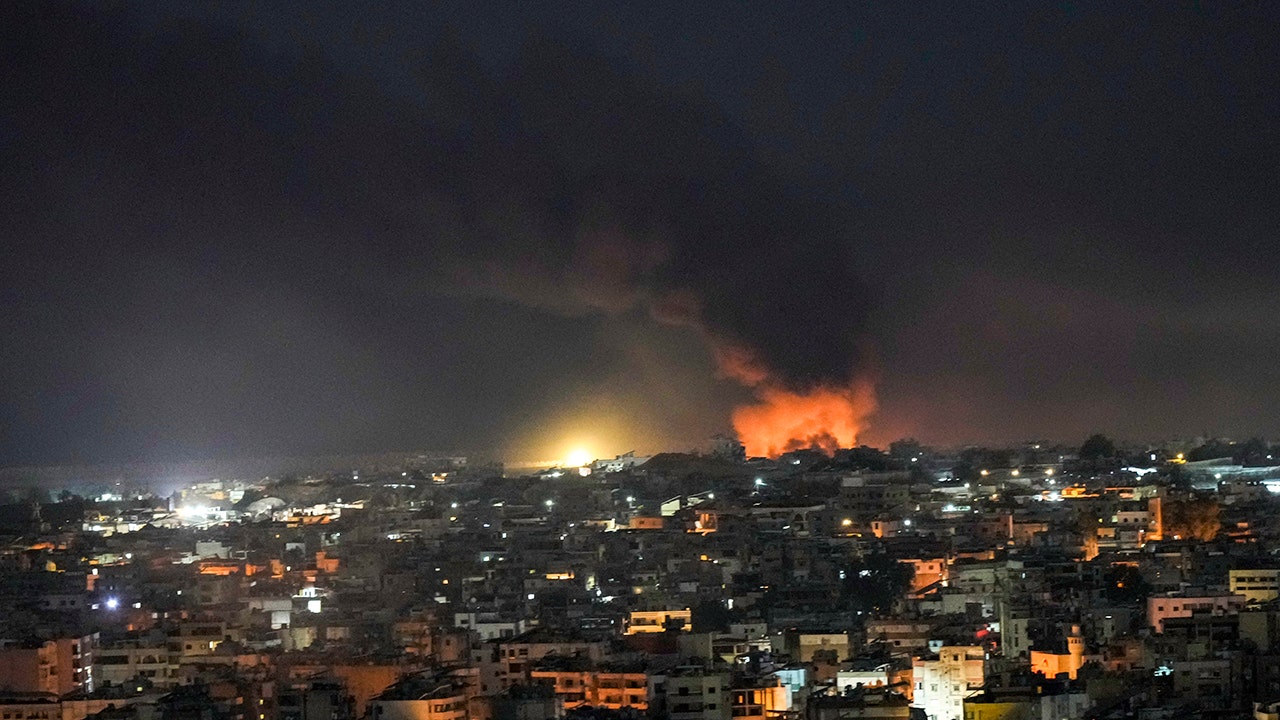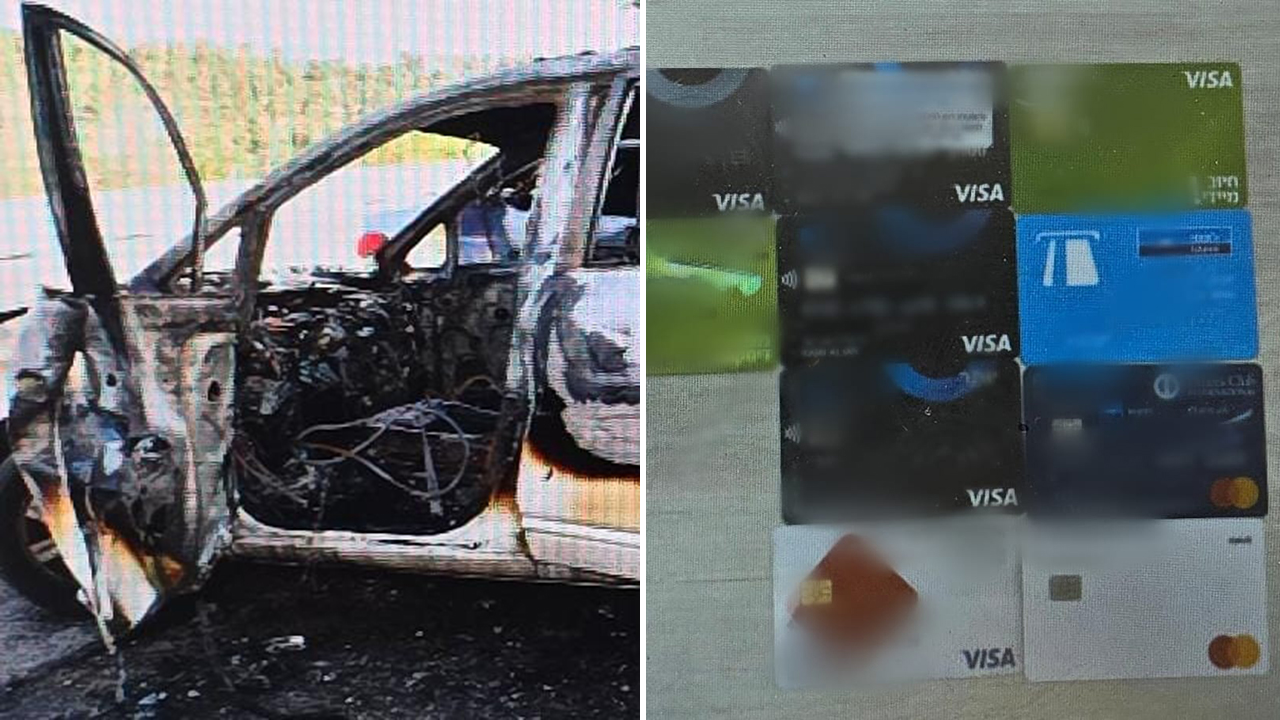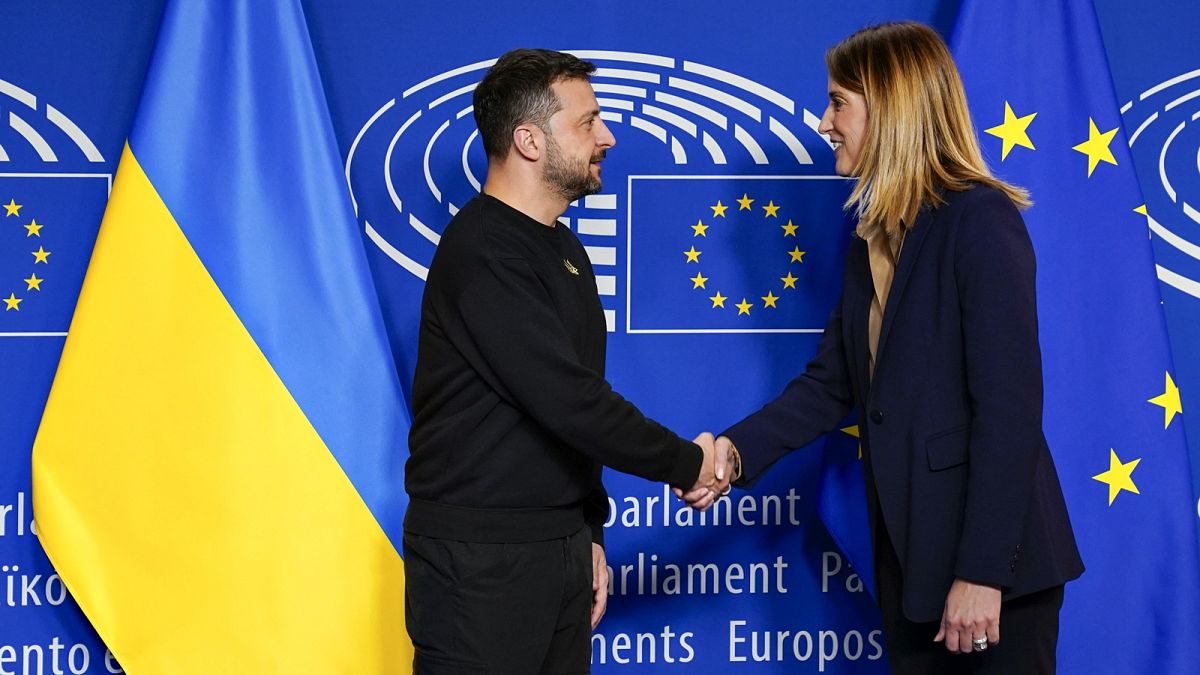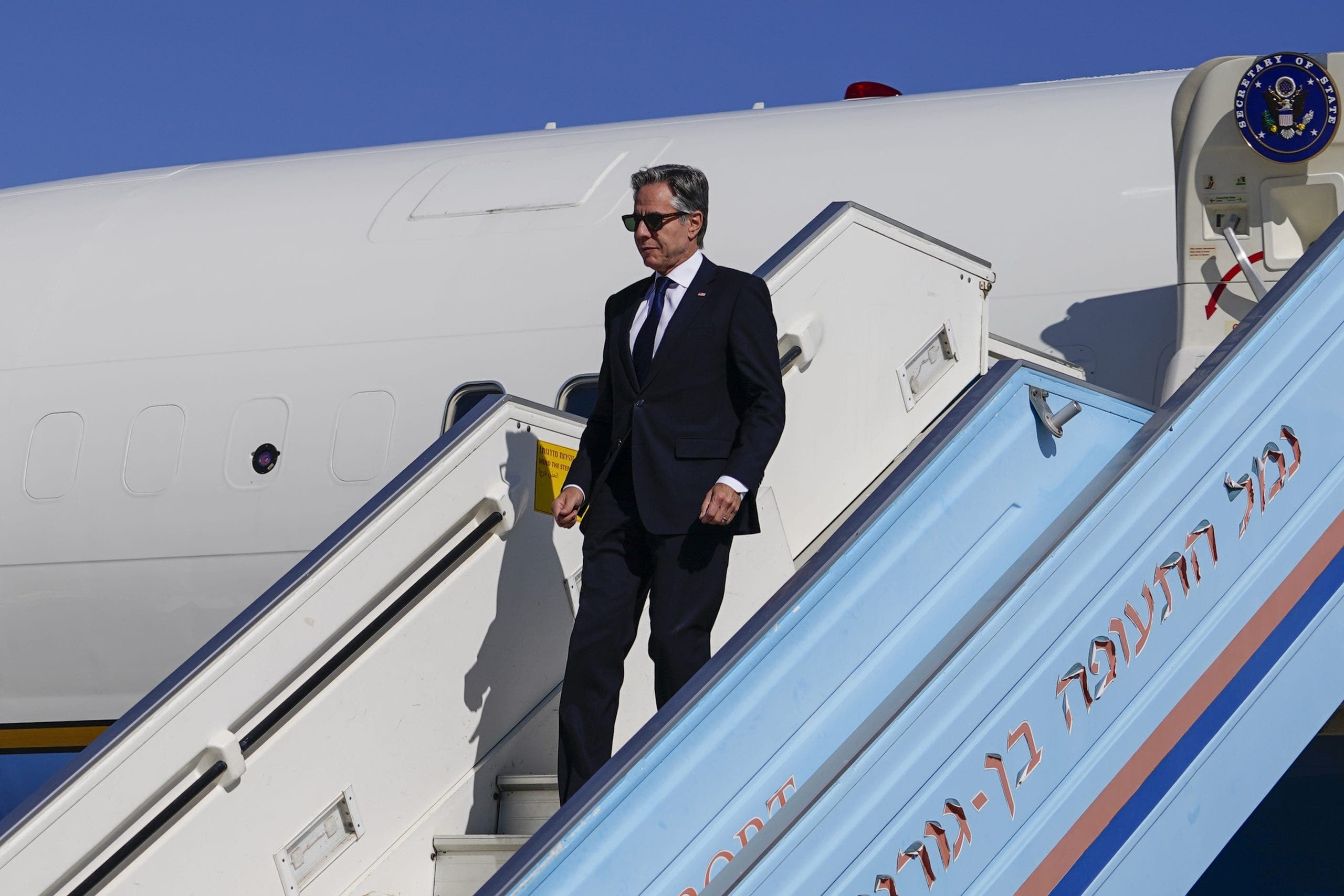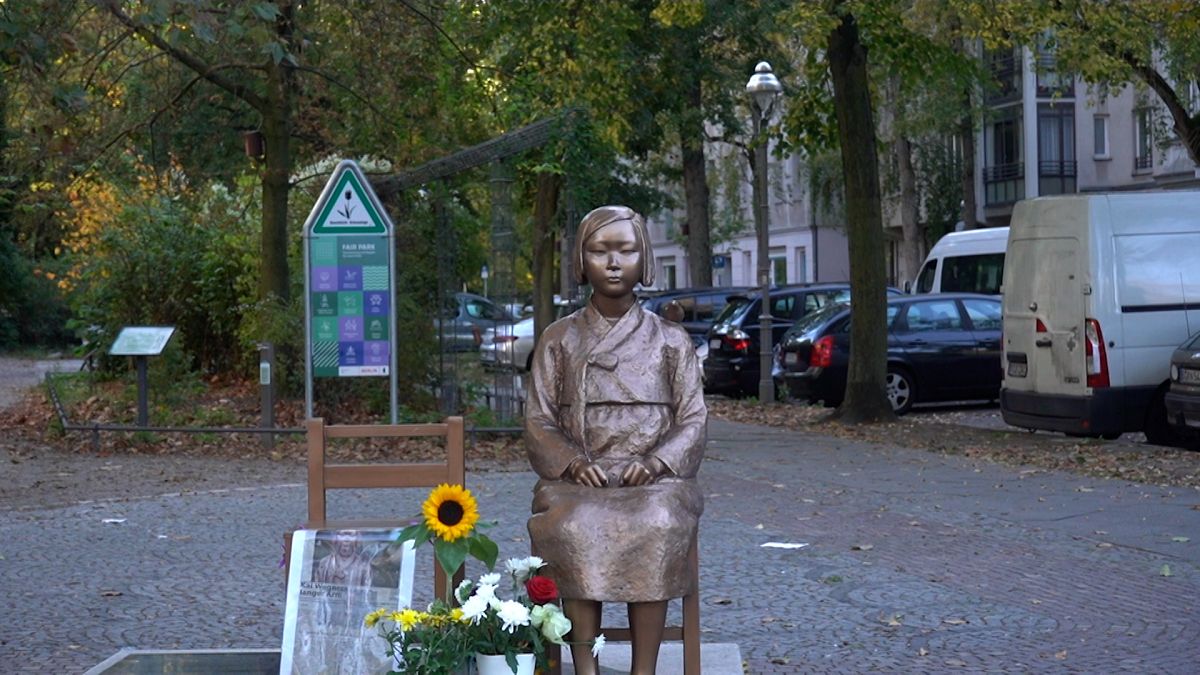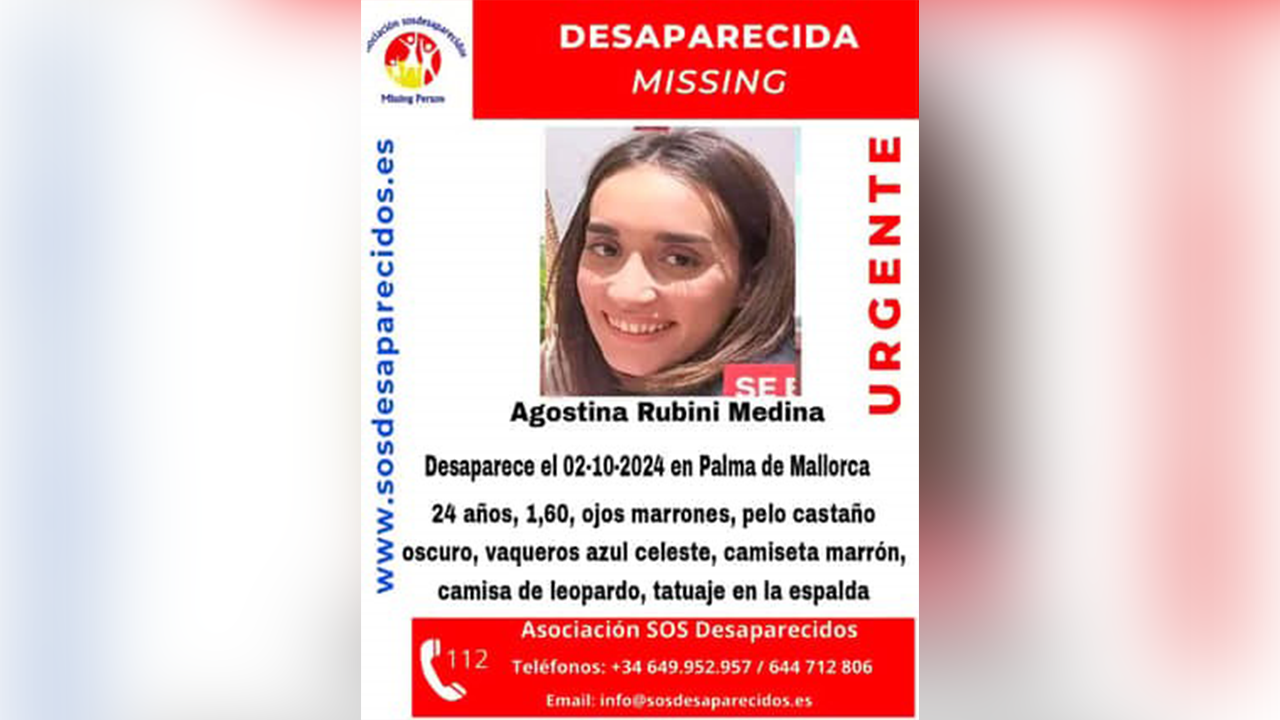Fisheries ministers have agreed to maintain low fishing quotas for most fish stocks in the highly polluted Baltic Sea but concerns grow over the presence of Russian vessels, which might exploit the reduced opportunities for EU fishers.
An agreement reached by EU ministers on Tuesday after lengthy overnight negotiations set cautious 2025 total allowable catches (TACs) for commercially significant fish stocks in the Baltic Sea, amid disquiet that Russian trawlers might exploit the situation by ignoring attempts to restore fish stocks.
This was the first quota agreed after a ruling by the EU’s top court in January that emphasised the need to ensure both the long-term sustainability of fish stocks such as such as herring, cod, plaice, sprat, and salmon and the continued viability of the fishing sector.
The agreement aimed “to strike a balance between helping fish stocks recover, protecting marine ecosystems, and ensuring the future viability of the sector”, said Hungarian agriculture minister István Nagy who presented a compromise text that broke a stalemate when talks resumed this morning.
Ministers adopted a cautious approach to quotas to preserve fragile fish stocks in what is Europe’s most polluted water body – but concerns were raised about Russia’s presence in the region.
Russian vessels looming over the Baltic
Several ministers voiced concerns that restricting European fishers could create an opening for Russian vessels, which are not subject to the same stringent environmental rules.
An EU official told Euronews that some member states expressed worry during the negotiations that increased Russian fishing activity could offset the environmental benefits of reduced EU quotas.
During the preparatory talks, some delegations also pointed to the potential double whammy of Russian Baltic fish products then being sold into the EU market, the official said.
A European Commission official reminded the meeting that there was still no consensus among member states on addressing the issue of Russian overfishing earlier in the year, according to the EU official.
The Commission official told countries’ representatives that the EU executive remains prepared to act on the matter if there is political will with options ranging from sanctions (which require unanimity) to higher tariffs on Russian fishery products (which can be approved by a qualified majority), the EU official said.
New quotas for 2025
The new quotas were also tailored to address environmental challenges facing the Baltic.
For example, cod may only be kept if caught unintentionally to help the species recover – spawning closures have been in place since 2016 for western cod and 2018 for eastern cod.
Quotas for sprat were reduced by 31%, and salmon by 36% in the main Baltic basin, while the Gulf of Finland’s levels remain unchanged.
For WWF fisheries expert Justyna Zajchowska, the fishing limit set for sprat is still too high to enable recovery of balance of the ecosystem as this pelagic fish plays a key role as prey for many endangered predatory species such as the depleted cod stocks.
Plaice catch limits will stay the same as in 2024 despite the stock being in an overall healthy status, as unintentional catches of endangered cod during plaice fishing remain a concern.
Conversely, fishing opportunities for herring will increase significantly— by 108% in the Central Baltic, 10% in the Gulf of Riga, and 21% in the Gulf of Bothnia—based on positive scientific advice.
However, this decision drew criticism from environmental groups. Cathrine Pedersen Schirmer, Senior Policy Advisor for FishSec, warned that the EU needs more precautionary fishing limits and additional measures to restore herring populations.
Why is the Baltic Sea in such bad condition?
The Baltic Sea has been described by the Commission as suffering from “ecosystem failure” due to poor enforcement of EU environmental regulations, including the Nitrate Directive and wastewater treatment rules.
Agricultural runoff has caused excessive nitrate levels in the sea, according to the EU executive, leading to widespread eutrophication, or oxygen depletion, which severely affects marine life.
Fish species like cod are particularly vulnerable to low oxygen levels, making it difficult for them to thrive in these conditions. The Commission warned that even a complete halt to fishing in the Baltic would not reverse the damage unless the underlying cause—nitrate pollution—is addressed.
For Remi Cossetti, fisheries policy officer at Seas At Risk, the fishing quota set today overlooked the essential needs of the Baltic Sea ecosystem. “This irresponsible decision will exacerbate ecosystem decline and threaten the livelihoods of fishers and coastal communities,” he said.
Read the full article here



